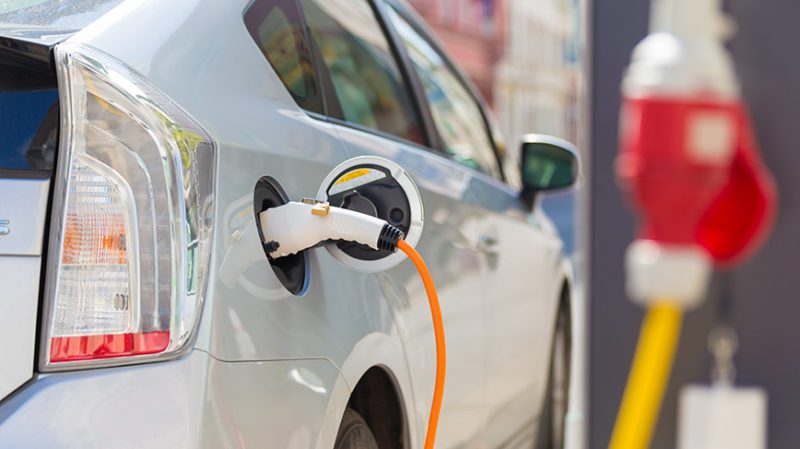If there are any certainties about electric vehicles (EVs), we know there will be many more of them and they will need to be charged frequently. All indicators suggest that EV sales will grow exponentially in the coming years, and the network of public charging stations to serve them must expand accordingly.
Estimates from BloombergNEF and others project that the share of EV sales in the US will rise to 40% of all new passenger vehicles by 2030.
With that many on the road, the International Council on Clean Transportation says public and workplace EV charging network will need to grow from approximately 216,000 in 2020 to 2.4 million by 2030, including 1.3 million in workplace, 900,000 public Level 2, and 180,000 direct current fast chargers (DCFCs).
Among the key questions that have not been universally analysed and resolved is who is best positioned to develop, own and operate public EV charging networks – a critical public policy decision that will affect consumers’ ability to access the charging and ancillary services they desire at reasonable prices.
Serving customers best: The benefits of competitive EV charging stations by Grid Strategies and EA Consulting released in May 2023 examines “whether and to what extent electric utilities should participate in this new sector.”
As you might suspect, the report concludes that “allowing monopoly utilities to own public EV charging stations will provide less efficient, lower-quality service and choice to EV owners, resulting in unfair cost shifting to other electricity consumers.”
Based on the analysis presented the report concludes: “Utility ownership of EV charging stations is generally not in the public interest” (emphasis added).

The report’s authors say, “Regulators should proclaim EV charging to be a competitive service and then focus on policies to support the development of the charging network.”
“Competition in charging will lead to the best results for the build-out of EV charging, for consumer pricing of
electricity, and for service of EV drivers. The time to make these policy choices is now, before charging becomes monopolized.”
As all EV drivers already know, EVs can be charged at different voltage levels, which means different speeds to fill up an empty battery (table below).
Depending on the number of ports and the voltage level, charging stations will not be cheap. The report puts the total cost of a modest EV charging station in the range of $150,000 to $275,000 for 4 to 8 charging ports. With millions needed, who should invest, own and operate them?
The authors say that utility ownership model leads to a few problems:
– First and foremost, utility ownership of EV charging infrastructure will harm competition and inhibit product and service innovation;
– Second, utilities generally lack the significant labor resources necessary to oversee the purchase, installation, and maintenance on a long-term basis of the vast number of chargers required to support a comprehensive national EV-charging infrastructure network and it would be economically inefficient for utilities to develop a labor force of that magnitude;
– Third, utility ownership of chargers will create needless regulatory and legal burdens of granting access to private property and ensuring adequate compensation to private property owners for such access; and
– Finally, it leads to cost shifts and subsidies paid by non-EV owning customers. Each of these problems ultimately harms consumers, the report concludes.

The report argues that the “independent (non-utility) private ownership competitive market model is the standard approach in market-based economies. Included in the successes of private ownership is the robust liquid fuels service network already in place” all over the world.
Moreover, the authors assert that public EV charging is not a natural monopoly service – which means it does not benefit from a declining long-run average cost. This fundamental economic principle suggests that utilities should not have monopoly rights to own and operate EV charging operations.
In many parts of the world, the monopoly utilities, of course, would argue that they are the only real game in town because they have the resources to build and operate and – certainly – the power to supply the charging stations. Policymakers should not necessarily believe everything they are told.
This article was originally published by EEnergy Informer. Republished here with permission


